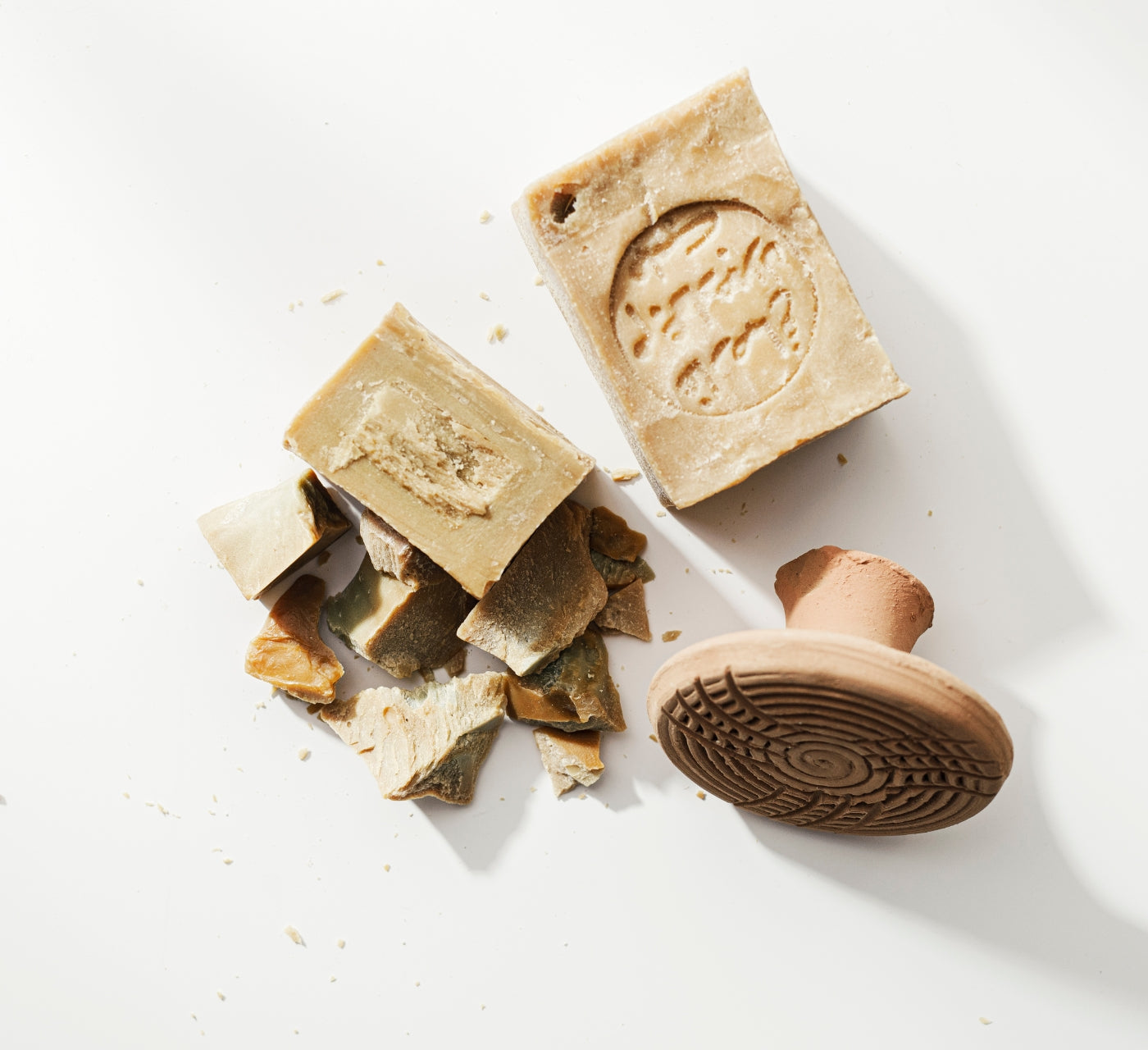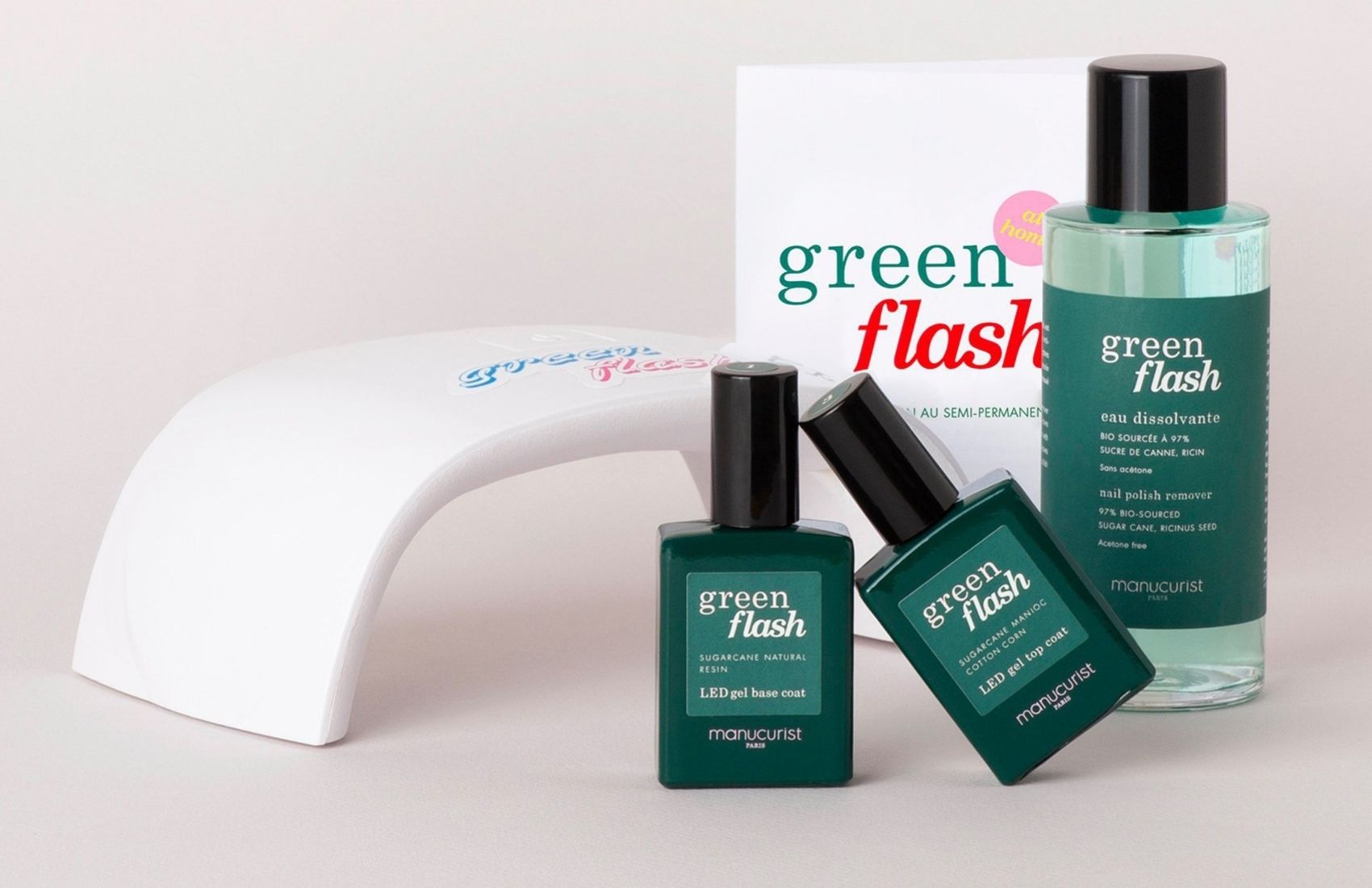
Aleppo soap.
History of Aleppo soap:
The first references related to soap production can be found already in the ancient Sumerians; They had great knowledge of chemistry and knew the alkaline effect of burned plant ashes ( soda ).
With the combination of vegetable oils and lye, they thus created the soap base, initially in the form of a paste and which was usually used for healing purposes. The Egyptians and Romans went a step further and worked on developing creamier soaps to use for cleaning purposes.
In Aleppo, in the 7th century AD. C., recipes were improved and the soap making technique was developed. Vegetable oils, whose main components are olive and bay oil, were boiled with lye and the first solid soaps were created, which were used to care for and clean the body. This soap-making process spread from Syria first to Europe (Genoa and Marseille) and then throughout the world .
Aleppo soap recipe and manufacturing process:
To this day, in the Aleppo region, most olive oil is stirred and boiled with caustic soda in large cauldrons at about 200°C until the olive oil is completely transformed into glycerin and soap.
Bay oil is added shortly before the saponification process is complete, giving rise to Aleppo soap with its well-known antiseptic properties.
That foam generated is drained and the soap mixture is washed with fresh water until it is completely free of foam. The soap mixture is left overnight to drain and cool.
The paste is then spread on the floor to harden, cut by hand into squares and stamped with the producer's name and quality.
To mature, the olive green blocks are stacked in towers and dried in well-ventilated rooms for 6-9 months.
When dried, Aleppo soap acquires that well-known thin layer of greenish oxide that forms on bronze and other metals due to humidity.
The olive green color remains inside the soap. Traditionally, olive soaps are produced in cold weather (between November and March) and then left to dry for 9 months until they finally mature.
Curiosities about Aleppo Soap:
- The natural smell of Aleppo soaps not only reveals the smell of olive oil and bay leaf, but also the months of maturation (at least 6 to 9 months).
- The soap is boiled until the saponification process is complete. After cooling, the soap is hand cut, stamped, stacked, and dried for 9 to 12 months to final maturity .
- Soap can be stored dry for decades without losing quality . As it dries, Aleppo soap acquires its ocher surface. The olive green coloration remains within the soap. The smaller the green core in an Aleppo soap, the longer the soap has been stored.
Uses of Aleppo Soap:
Aleppo soap is suitable for all body care and for frequent hand washing . A very mild soap, suitable for sensitive, dry skin and also for children.
Other uses:
- For gentle facial cleansing.
- For daily hair washing (depending on the hardness of the water, an acid rinse is required).
- Against dandruff (strengthens the scalp and does not dry it out).
4 Tips when buying authentic Aleppo soap:
-
Authenticity : If you have never used Aleppo soap, it may be difficult for you to identify it at first glance. Take a good look at the color, the smell and that it is sealed . It must have an inscription with the name of the manufacturer.
-
Color and smell : the color is usually between beige, brown and olive green and the smell is very intense . The color may vary a little as it depends on drying (oxidation). But wow, you're not going to find a "pretty" Aleppo soap with bright, bright colors.
The inside of the soap is usually green if 2nd pressure olive oil is used and greenish beige in the case of 1st pressure olive oil.
The smell is intense and gives off the smell of bay berry oil.
-
Ingredients : must contain olive oil and bay leaf oil. The greater the amount of bay oil (it should indicate the %), the more antiseptic properties that soap will have. In the INCI ( list of ingredients ) it should appear as ingredients: olive oil, bay oil, water and caustic soda. It should not contain palm or copra oil .
- BIO Certification : if your Aleppo soap also has an organic cosmetics seal, it is a plus point since it will guarantee all of the above .




3 comments
Tengo los dedos de la mano quemados por detergente muy abrasivo .Mi pregunta es si el jabón de Alepo me puede ayudar.GRACIAS POR ADELANTADO
Toni
Muchas gracias, ya ha quedado corregido. Un saludo
Ana theCosmethics
En el punto 3 de consejos a la hora de comprar jabón de Aleppo hay un error. A mayor porcentaje de aceite de laurel más propiedades antisépticas. Habéis puesto oliva, una confusión claramente porque más arriba lo explicáis bien en el proceso de elaboración.
Pilar
Leave a comment
This site is protected by hCaptcha and the hCaptcha Privacy Policy and Terms of Service apply.